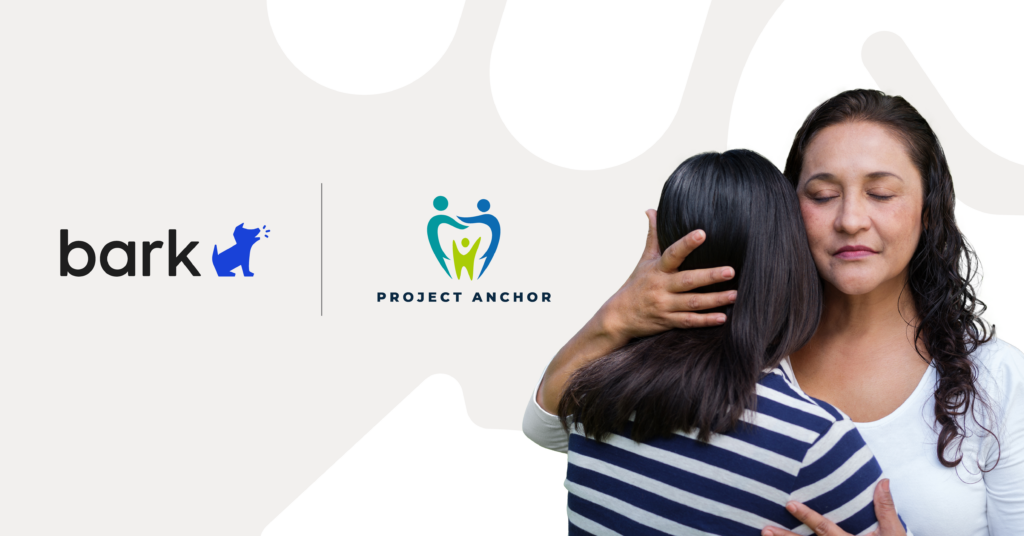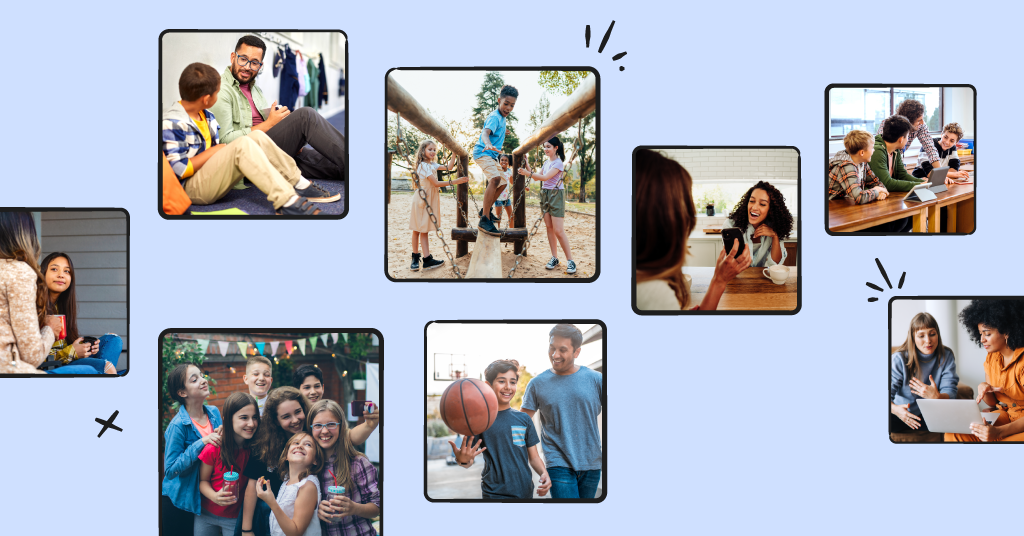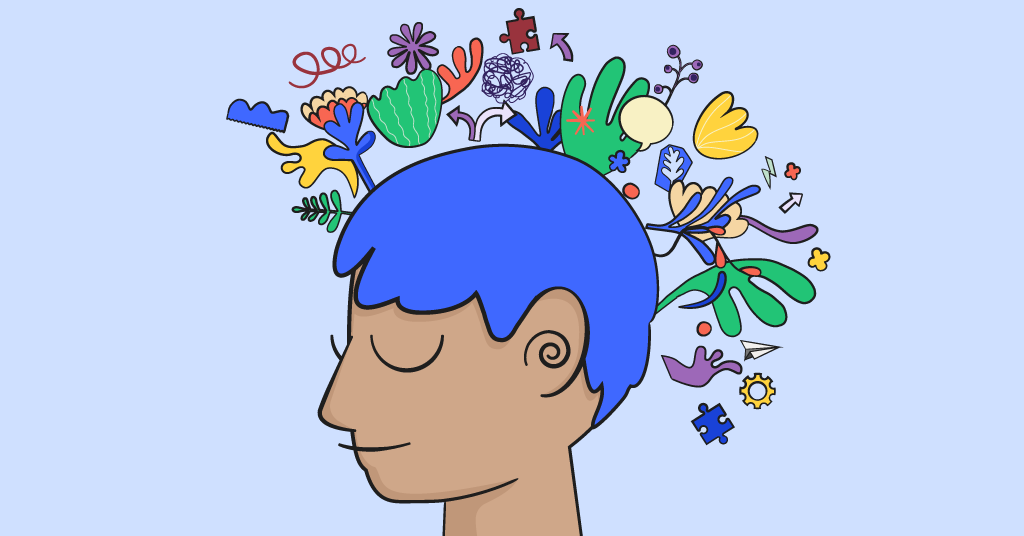 Child & Teen Depression
Child & Teen Depression
Bark Partners with Project Anchor Researchers to Help Reduce Suicidal Ideation

If your family has struggled with supporting a child experiencing suicidal ideation, you’re probably familiar with just how devastating can be. It can be scary, anxiety-producing, and incredibly isolating. But it’s important to know that you are not alone. Many, many families have dealt with this issue, so much so that suicide is now the second-leading cause of death for young people aged 10 to 14.
Here at Bark, we’ve witnessed that 43.09% of tweens and 74.61% of teens were involved in a self-harm/suicidal situation in 2021 — a sobering and heartbreaking statistic. We send alerts to parents and guardians notifying them of this concerning issue, but it can be hard for parents to know what to do next.
That’s why we’re proud to announce that we’re partnering with Project Anchor in a groundbreaking new study meant to provide more resources and information to parents supporting a child struggling with suicidal ideation or self-harm. Read on to learn how you can volunteer for this important study.
What is Project Anchor?
In collaboration with Bark, Dr. Kathryn Fox (University of Denver), Dr. Taylor Burke (Harvard Medical School), and Dr. Alex Bettis (Vanderbilt University Medical Center) were recently awarded a research grant from the Mental Research Institute to develop evidence-based guidance for parents about what to do in the hours, days, and months after they receive a suicide/self-harm alert.
This research funding will support the launch of Project Anchor, the first step in Bark’s collaboration with this team. Despite alarmingly high rates of suicide and self-harm in teens, there are few evidence-based resources designed to help parents and guardians navigate what to do when they learn that their child might be at risk.
Project Anchor is an anonymous, paid research study recruiting guardians who use Bark. Through Project Anchor, we hope to learn more about guardians’ experiences after receiving a Bark suicide/self-harm alert.
Based on what is learned from Project Anchor, the researchers will design an evidence-based digital tool to help parents know what to do after they receive a suicide/self-harm alert, and to help keep their children safe.
Why Volunteers Are Needed
Talking about suicide is hard, and it can be even harder when it comes to how children experience it. By sharing your family’s experience with Bark alerts regarding suicidal ideation and self-harm, you can provide invaluable information that can benefit countless other families. Because of how Bark works within the framework of a child’s use of social media, texting, and other forms of online communication, Bark families are uniquely positioned to help researchers learn the hows, whens, and whys of suicidal ideation and self-harm.
Project Anchor’s research aims to understand how and when teens disclose suicidal thoughts and self-harm, how families talk about these thoughts and behaviors, and to develop tools to support families when a child is at risk for suicide and/or self-harm.
What to Expect
You’ll complete two separate surveys online over the course of a week. The study will take less than an hour total. After you finish the first survey, you will receive a $5 electronic Amazon gift card. After you finish the second survey, you’ll receive a $10 electronic Amazon gift card.
How to Get Started
Anyone who has recently received a Bark alert for self-harm/suicidal ideation is eligible to participate in this research study. Click the button below to learn more.
Read more
Bark helps families manage and protect their children’s digital lives.





